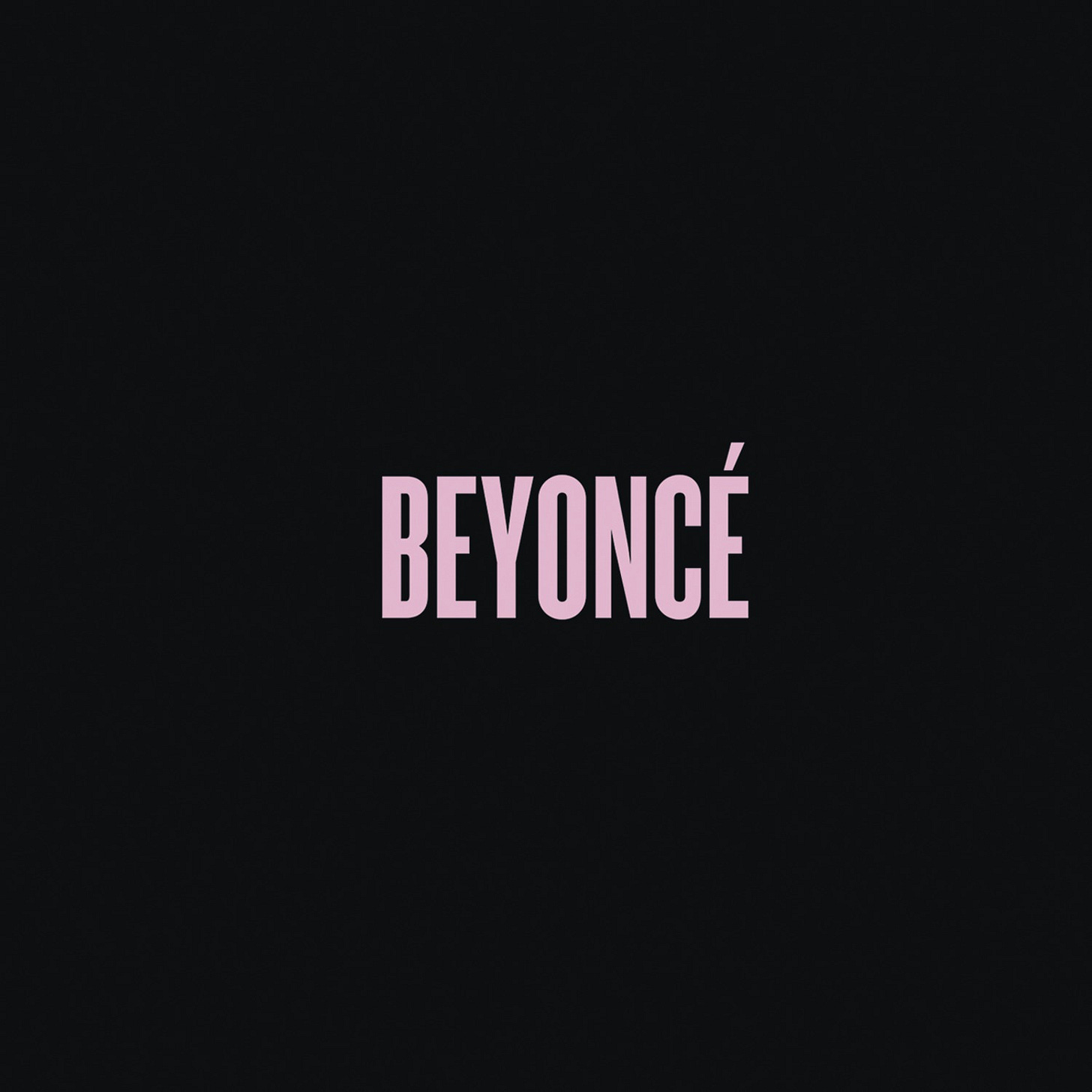How Beyoncé Changed Everything With Her Self-Titled Album
Beyoncé has made a true revolution by developing the visual album, making the possibilities of mainstream pop music less challenging to the experiments of musical consumption in the digital era.
This discussion focuses not merely on the marketing ingenuity spearheaded by Beyoncé, one of this century’s most influential artists. Instead, it extends to grapple with more profound issues such as racial identity and female representation, particularly as a Black woman. Beyoncé’s vocal talents and commanding stage presence have unquestionably played a crucial role in shaping her celebrated career. Yet, these elements coexist with more nuanced questions that demand our attention.
When Beyoncé surprise-released her eponymous album on iTunes on December 13, 2013, it was a moment that significantly redefined the odds of musical consumption in the digital era. The album took an innovative approach, incorporating music videos for every track, thereby expanding the parameters of mainstream pop music. This approach influenced how music could be consumed and opened new avenues for creating original narratives through transmedia storytelling. Featured songs, including “Pretty Hurts” and “***Flawless,” tackled serious themes, ranging from societal beauty norms to women’s liberation struggles in a male-dominated society. These were not just songs but 17 episodic videos to provoke thought.
It’s intriguing to note that Beyoncé’s work broke new ground in the marketing domain and the arena of identity. This leads us to a fascinating insight: the image of Beyoncé being built wasn’t solely a reflection of her identity as Beyoncé Giselle Knowles-Carter. Instead, it leaned heavily toward an innovative drive within the creative industry. Therefore, as we discuss her contributions, it’s crucial to acknowledge that they operate on multiple levels, from artistic brilliance to business acumen, while touching on pivotal social issues.
The digital age has brought heightened ambiguity to the notion of the artist, blurring the line between personal identity and the persona crafted for public consumption. This is especially true in cyberspace communities, where the person behind the art is often conflated with the art itself, regardless of individual motives. Beyoncé has crafted her self-titled album in this space, generating a persona that deviates from her personal inspirations. Market reactions to her album play a role in this shift, and there is a failure to acknowledge the purely artistic dimensions of her work. In her 2013 documentary, Self-Titled, Beyoncé reveals how she visualizes feelings, memories, and images in a musical context. This act symbolizes a freeing transformation of her self-image but hints at an ambiguous self-portrayal that is neither wholly genuine nor entirely her creation.
Progressing from her self-titled album to her later works, including the 2020 film Black is King and the 2022 release of RENAISSANCE, Beyoncé demonstrates a maturing awareness of identity—both ethnic and gender-based. Initially, the portrayal of Black women in her work raised some controversies, highlighting a degree of naivety in grappling with social and political complexities. This was exemplified by a somewhat contentious reference to Monica Lewinsky in her song “Partition.” However, the depiction of Black women evolves significantly in later works. Black is King, for example, showcases a more politically informed representation, resonating deeply with feminist and racial identity.
This growing awareness marks a transformative journey. Beyoncé’s initial work sets the stage for an evolution, moving from a youthful, somewhat uninformed stance—something not her fault but rather a product of societal misguidance—to a more mature and enlightened state. The culmination of this progression appears in RENAISSANCE, where the portrayal of an ancestral Black woman signifies a coming-of-age, a kind of rebirth that captures both the corporeal and the abstract. Thus, Beyoncé’s art encapsulates a dynamic process in which identity and recognition mature in tandem, shaped by the external forces of market and ideology and internal evolutions of self-awareness.
In the self-titled album, a revolutionary shift occurs: for the initial occasion, Black women find themselves portrayed in a genuine and empowering manner. This artistic portrayal serves as a significant milestone for young black women who, due to limitations in feminist education that are non-liberal and exclusionary, have been restricted in their understanding of the multifaceted forms of violence against women. Here, Beyoncé transcends her persona as Giselle, transforming into a symbol that exceeds her identity. She encapsulates a newfound enlightenment, becoming the epitome of knowledge she once denied. Through this album, she takes the initial stride as a black woman toward amassing a body of wisdom, implicitly stating that our past selves are irrevocably changed, never to return.


